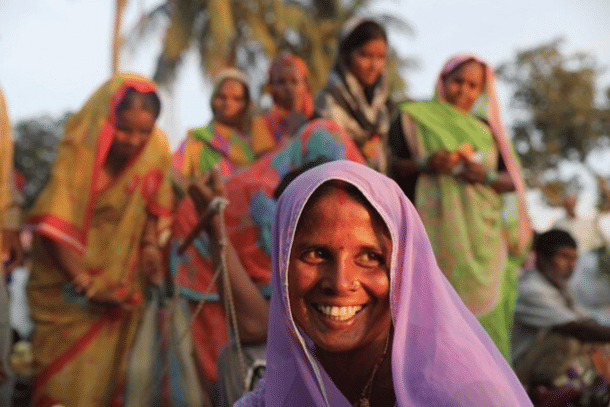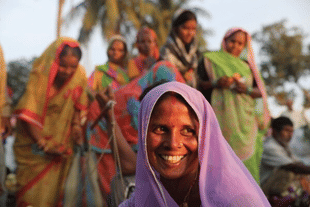Economy
Maharashtra To Go Madhya Pradesh's Way With ‘Laadki Bahin Scheme’, Plans To Give Up To Rs 1,500 Monthly Aid To BPL Women
Krishna Dange
Jun 26, 2024, 04:22 PM | Updated Aug 05, 2024, 05:08 PM IST
Save & read from anywhere!
Bookmark stories for easy access on any device or the Swarajya app.


The Mahayuti-led government in Maharashtra is expected to launch a monetary aid scheme for women in below-poverty-line (BPL) households.
This is one of several measures being taken to prevent a repeat of the 2024 Lok Sabha election debacle.
As per reports, the proposed welfare scheme will be based on the Mukhyamantri Laadli Behna (MLB) scheme, first launched by the Bharatiya Janata Party (BJP)-led government in Madhya Pradesh.
The Maharashtra version will be known as the Mukhyamantri Laadki Bahin Yojana.
The women-centric welfare scheme is expected to be announced in the upcoming state budget, which will be presented in July 2024.
An amount ranging from Rs 1,200 to Rs 1,500 is expected to be devolved each month to over 90–95 lakh BPL household women between the ages of 21 and 60 in the first phase of the scheme’s implementation.
The monetary aid will be deposited directly into the bank accounts of the beneficiaries, which include widows and divorcees who are without any financial support.
The Maharashtra government had recently sent a team of senior officials to study the scheme implemented in Madhya Pradesh, according to a report in the Marathi daily Loksatta.
Under the MLB scheme launched in the premiership of Shivraj Singh Chauhan in January 2023, women in the 21–60 age group who hail from families with a yearly income of less than Rs 2.5 lakh are eligible to receive an aid of Rs 1,250 per month.
In the run-up to the 2024 Lok Sabha election, Chauhan announced that his government was planning to raise the monthly aid to Rs 3,000.
The MLB scheme is supposed to have helped the ruling BJP tide over anti-incumbency in the central Indian state, enabling it to win all 29 Lok Sabha seats in the 2024 poll.
The BJP-led Mahayuti in Maharashtra, on the other hand, won only 17 of the 48 Lok Sabha seats, down from the 43 it won in 2014 as well as 2019.
Taking a cue from the women voters' favourable opinion of the ruling dispensation in Madhya Pradesh, Eknath Shinde-led Shiv Sena’s legislator Pratap Sarnaik wrote to the Chief Minister of Maharashtra recently, urging him to implement a scheme along the lines of the MLB in Madhya Pradesh.
Political experts say this move, along with expanding the ambit of existing welfare schemes, might help the ruling Mahayuti-led government, comprising the BJP, Shiv Sena, and the Ajit Pawar-led Nationalist Congress Party.
The Maharashtra assembly election is expected to be held in the first week of October 2024.
The implementation of an MLB-like scheme could mean an additional burden in the range of Rs 15,000–20,000 crore on the state’s exchequer every financial year.
In Maharashtra’s interim financial budget for the fiscal year (FY) 2024–25, presented in March 2024, the fiscal deficit for the ongoing fiscal was estimated at Rs 99,288 crore, while the state’s public debt for FY24–25 was Rs 782,991 crore.
Although Maharashtra has a low debt-to-gross domestic product ratio of 18.2 and ranks 25th among the Indian states in terms of this financial risk indicator, it ranks second in terms of the overall debt obligations.
With the Mahayuti-led government also expected to announce a hike in pensions for retired state government employees ahead of the election, concerns have been raised about the disproportionate rise in the fiscal deficit as compared to the state's revenue.
Staff Writer at Swarajya




